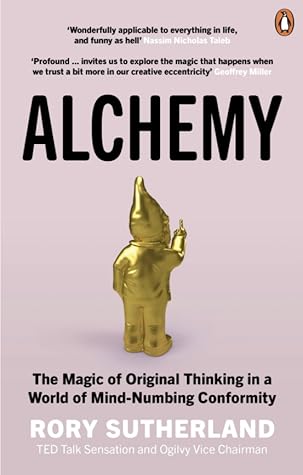One astonishing possible explanation for the function of reason only emerged about ten years ago: the argumentative hypothesisfn5 suggests reason arose in the human brain not to inform our actions and beliefs, but to explain and defend them to others. In other words, it is an adaptation necessitated by our being a highly social species. We may use reason to detect lying in others, to resolve disputes, to attempt to influence other people or to explain our actions in retrospect, but it seems not to play the decisive role in individual decision-making. In my view, this theory has much to commend
One astonishing possible explanation for the function of reason only emerged about ten years ago: the argumentative hypothesisfn5 suggests reason arose in the human brain not to inform our actions and beliefs, but to explain and defend them to others. In other words, it is an adaptation necessitated by our being a highly social species. We may use reason to detect lying in others, to resolve disputes, to attempt to influence other people or to explain our actions in retrospect, but it seems not to play the decisive role in individual decision-making. In my view, this theory has much to commend it. For one thing, it explains why individuals use reason so sparingly, selectively and above all self-servingly. It explains why we are good at contriving reasons for positions we already hold, or for decisions we have already made. And it explains confirmation bias, which leads people to seek out and absorb only that information which supports an existing belief. It also explains ‘adaptive preference formation’, where we change our perception of reality in order to depict ourselves in a better light. In this model, reason is not as Descartes thought, the brain’s science and research and development function – it is the brain’s legal and PR department. Understanding this theory seems important, first of all because it might help us see what human reason can and can’t do well.fn6 It might also help us understand how the misuse or overuse of reason can backfire. Collective, self-servi...
...more
This highlight has been truncated due to consecutive passage length restrictions.


